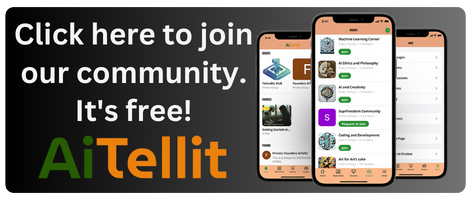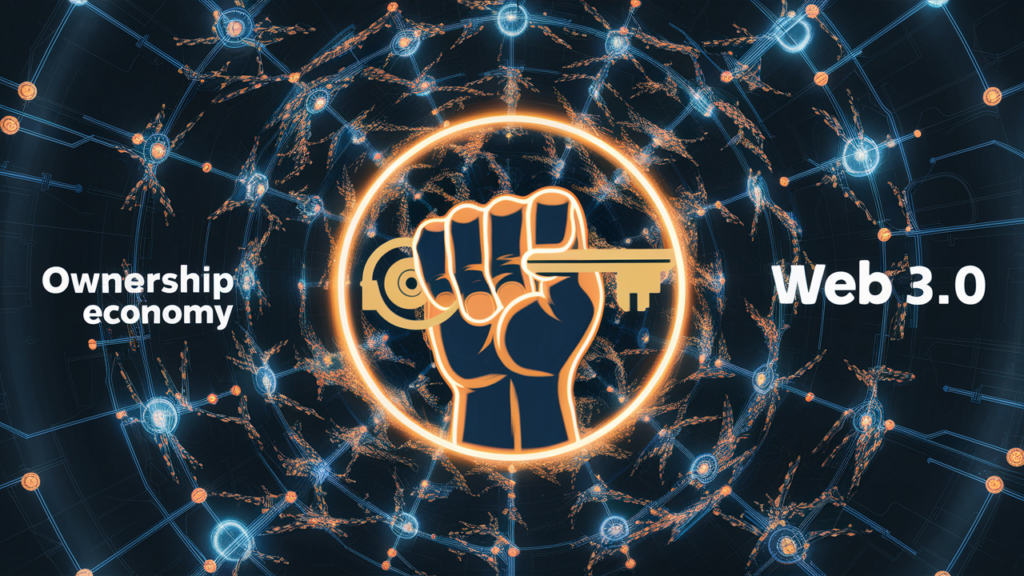How AI Can Be Both a Friend and a Partner to Talk to and Interact With for Lonely People

As society navigates the evolving landscape of artificial intelligence integration, the concept of AI serving as a companion for lonely individuals sparks intriguing discussions. The potential for AI to act as both a friend and a partner, offering solace and interaction, raises questions about the boundaries between human emotions and technological interactions.

Exploring how AI can fill the void of companionship for those experiencing loneliness unveils a complex interplay between technology and human nature, shedding light on the intricate dynamics that shape our evolving relationships in this digital age.
AI as a Listening Companion
When considering the role of AI as a listening companion for lonely individuals, its ability to provide non-judgmental support and empathy stands out as a valuable resource for fostering companionship. AI companions offer a unique opportunity for individuals experiencing loneliness to engage in meaningful interactions without the fear of being misunderstood or judged. Through advanced programming, AI can actively listen to users, recall previous conversations, and deliver personalized responses, creating a sense of connection and understanding.
This continuous availability of AI companions, operating 24/7, ensures that individuals have access to emotional support and interaction whenever needed, mitigating feelings of isolation. By leveraging sophisticated algorithms and emotional intelligence, AI can engage in conversations that are both stimulating and comforting, helping users share their thoughts and experiences authentically. The non-intrusive nature of AI companions allows individuals to express themselves freely, fostering a supportive environment for those seeking companionship in times of solitude.
Providing Emotional Support
In the realm of companionship and emotional connection, AI emerges as a steadfast ally, offering programmed empathy and understanding to alleviate the burden of loneliness for individuals seeking solace and support. AI companions create a non-judgmental space where individuals can freely express themselves without fear of criticism or rejection.
Here are four key ways AI provides emotional support:
- Programmed Empathy: AI companions are designed to respond with empathy, offering comforting words and understanding to help individuals feel heard and validated.
- **24/7 *Availability***: AI’s constant presence allows individuals to access emotional support at any time, bridging the gap in human interaction and providing immediate comfort.
- Adaptability to Emotional Needs: AI companions can adjust their responses based on the user’s emotional state, offering tailored support to address varying levels of distress or loneliness.
- Consistent Source of Connection: Interacting with AI companions provides a reliable and consistent source of emotional connection, helping combat feelings of isolation and fostering a sense of companionship.
Facilitating Meaningful Interactions
Facilitating genuine connections through AI companionship involves creating an environment where individuals can engage meaningfully and find comfort in shared interactions. AI companions can play a crucial role in alleviating feelings of loneliness by offering personalized support, empathy, and stimulating conversations. While they may not replace the depth of human contact, AI technology can adapt to users’ needs and preferences, providing a fulfilling interaction that offers a sense of connection and understanding. By simulating human-like responses, AI companions can bridge the gap in social interactions for those who are isolated, offering companionship and emotional support. The table below highlights some of the social benefits of AI companionship in combating loneliness:
| Social Benefits of AI Companionship |
|---|
| 1. Personalized support and empathy |
| 2. Meaningful conversations |
| 3. Adaptability to users’ needs |
| 4. Bridge the gap in human interaction |
| 5. Emotional support and companionship |
Creating a Sense of Connection
AI companionship offers a unique opportunity to establish a genuine sense of connection by providing tailored emotional support and understanding to individuals in need. These AI chatbots are designed to simulate empathy and create a non-judgmental space for users to share their feelings. Through advanced technology, AI can engage in conversations, recall past interactions, and adapt to users’ emotions, fostering a sense of companionship and understanding.
Here are four key ways in which AI chatbots can help in creating a sense of connection:
- Personalized Emotional Support: AI companions offer personalized emotional support tailored to individual needs, providing comfort and understanding.
- Non-Judgmental Environment: AI chatbots create a safe space for users to express themselves without fear of judgment, enhancing the feeling of connection.
- Adaptability to Emotions: By adapting to users’ emotions, AI companions can respond appropriately, strengthening the bond and sense of companionship.
- Consistent Availability: AI companions are available 24/7, offering consistent support that contributes to building a reliable and comforting relationship for lonely individuals.
Enhancing Mental Well-being
Enhancing mental well-being through AI companionship involves providing tailored emotional support and empathy to alleviate loneliness and foster a sense of connection. Lonely individuals often struggle with social anxiety and lack emotional support, leading to feelings of isolation and depression. AI companions programmed with emotional intelligence can offer non-judgmental interactions, recall past conversations, and provide continuous support, enhancing mental well-being. The table below illustrates how AI companions can address the emotional needs of lonely individuals, offering a listening ear and personalized assistance to improve their mental health.
| AI Companion Features | Benefits for Mental Well-being | Examples |
|---|---|---|
| Emotional Support | Provides comfort and reassurance | Offering kind words during difficult times |
| Empathy | Understands and validates emotions | Responding with empathy to user’s feelings |
| Personalized Interaction | Tailors responses to individual needs | Recommending activities based on user preferences |

Frequently Asked Questions
How Can AI Help With Loneliness?
AI can alleviate loneliness by providing companionship, personalized interactions, and emotional support. Through advanced technology, AI can engage in conversations, offer empathy, and adapt to users’ needs, reducing feelings of isolation and improving mental well-being.
How Can AI Help Relationships?
AI can enhance relationships by offering personalized support, fostering communication, and adapting to users’ needs. Through advanced technology, AI companions can provide companionship, guidance, and a sense of connection, enriching human interactions and addressing social needs.
Can You Talk to AI Like a Friend?
Engaging with AI like a friend is possible due to advancements in technology. Users can share experiences, seek advice, and receive empathetic responses. AI companions offer companionship, adapting to emotional needs and providing a sense of connection.
How Does AI Affect Interpersonal Relationships?
AI has a significant impact on interpersonal relationships, offering companionship and support to lonely individuals. While AI interactions may lack the depth of human connections, they provide a valuable resource for alleviating loneliness and fostering a sense of connection.
Conclusion
In conclusion, the integration of artificial intelligence as a companion for lonely individuals offers a valuable avenue for addressing social isolation and promoting mental well-being.
AI can serve as a listening companion, provide emotional support, facilitate meaningful interactions, and create a sense of connection for users.
As technology continues to advance in this area, it is important to consider the ethical and privacy implications while recognizing the potential benefits of AI companionship for those in need of social interaction and support.







Responses